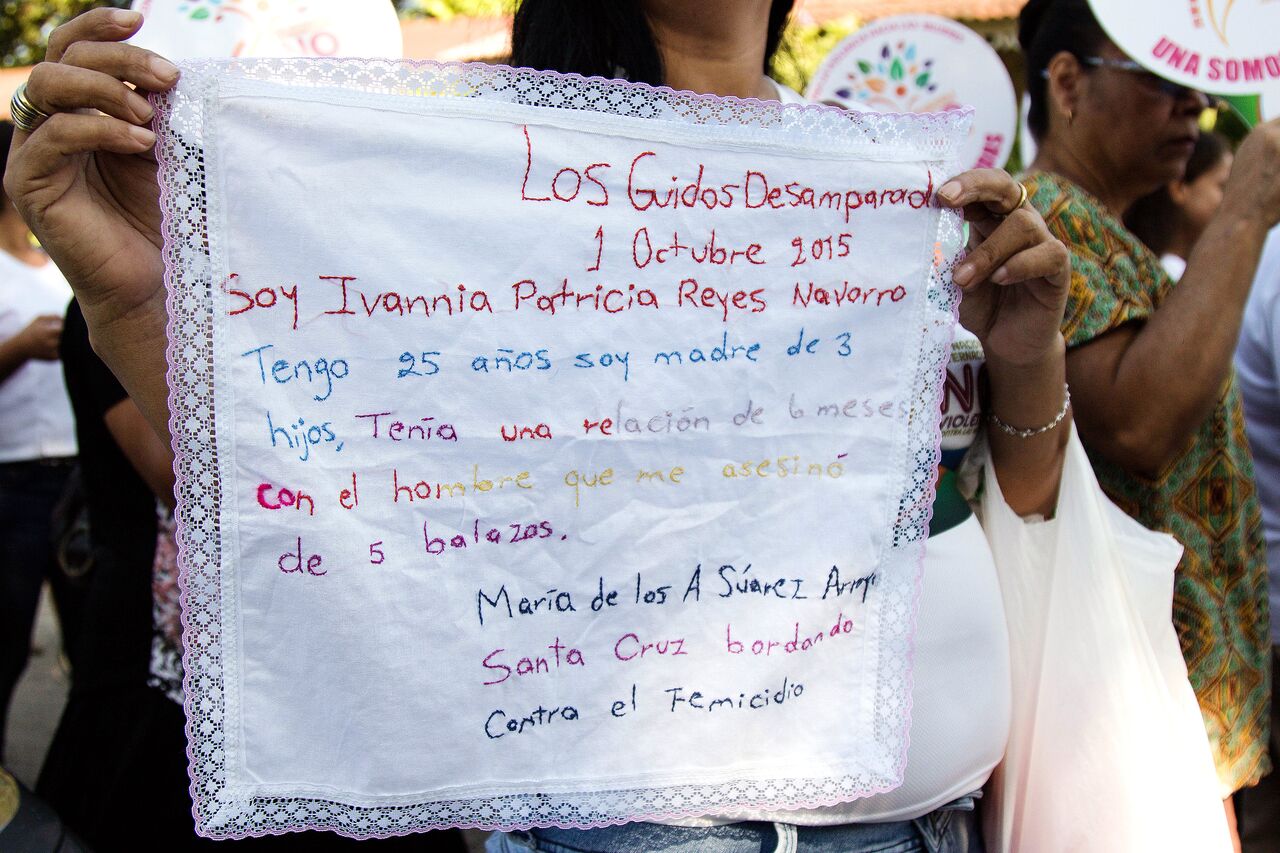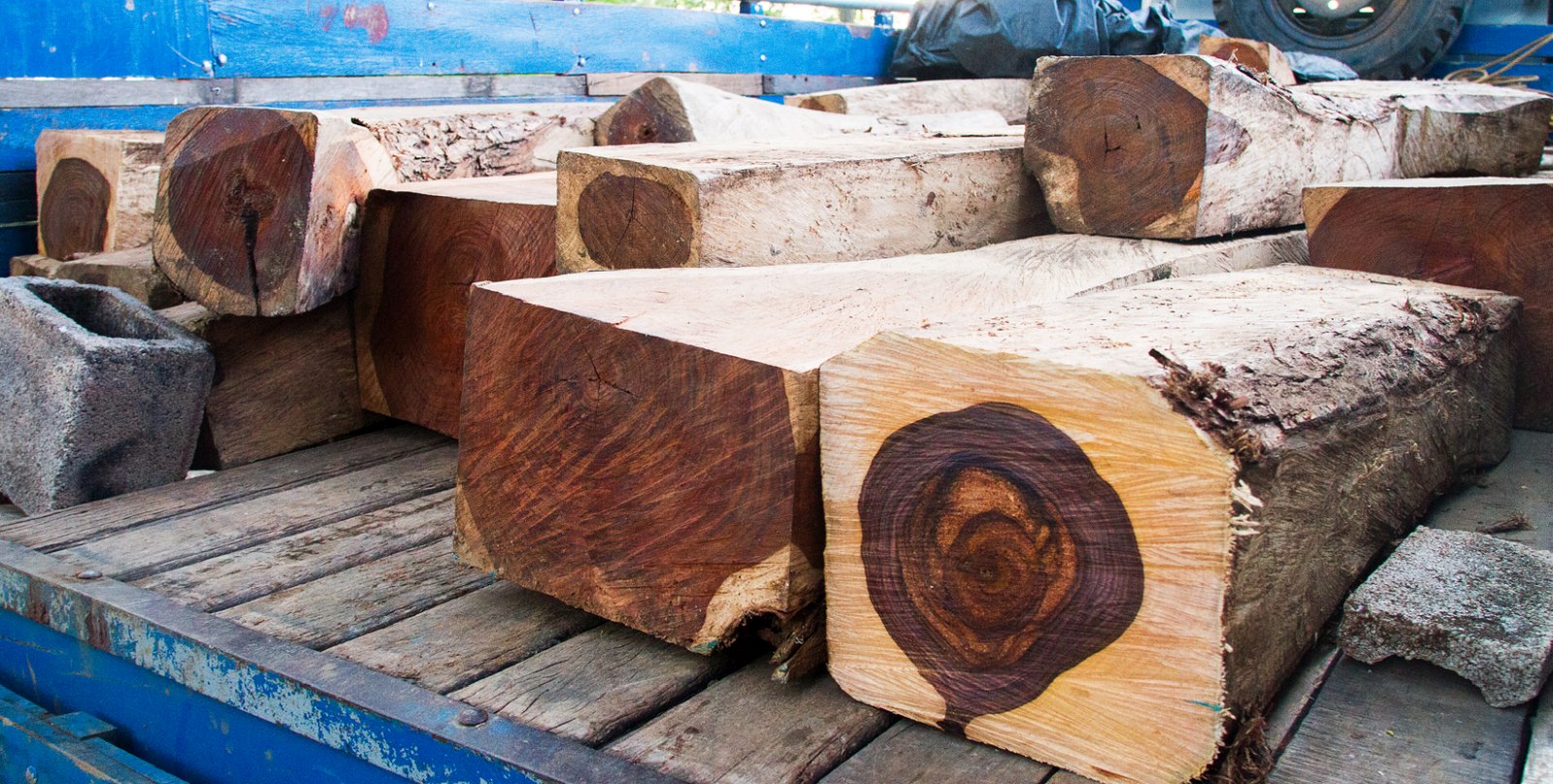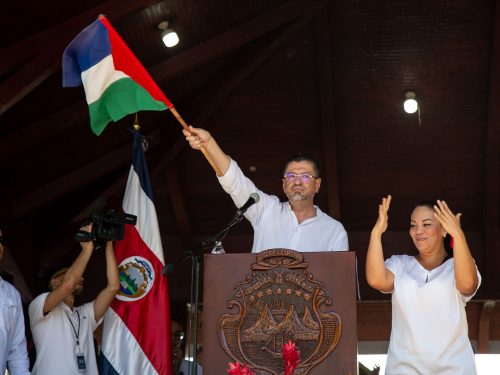
Every year from 2015-2017, the courts in Guanacaste received an average of 4,600 criminal complaints for domestic violence. If we look at this in comparative terms, we could say that Guanacaste has a reported domestic violence rate of 13 per 1,000 people which is 30 percent greater than the Costa Rican average (with nine complaints for every 1,000 people).
The other number that must be discussed is the number reported under the Violence Against Women Penal Code, which is 60 percent higher in Guanacaste than the national average. (If you want to see some explanations, read the story “The Revolution”
Guanacaste prepares, little by little, for a future without gender violence. It’s not easy, but its crusaders are not giving up.
As if that weren’t enough, Guanacaste is in second place in sexual crime complaints, which in 2016 was five for every 1,000 people. It’s the second highest in the country after the Atlantic Coast zone.
This figure is an attempt to standardize the provinces and see how intense a phenomenon such as gender violence is, beyond the absolute numbers (for example, in San Jose there are more cases because there are more people, but there are fewer cases per 1,000 people than in Guanacaste).
Nevertheless, the question isn’t only how many complaints come in, but also how many end up in a conviction or a court result.

A report from the Technical Gender Secretariat for the Judicial Branch found that 90 percent of the cases that enter the courts in Costa Rica under the penal code are dismissed or receive a stay. That means that nine of every 10 complaints that women file in the country go unpunished (the report doesn’t breakdown the numbers by region).
In some cases, there isn’t enough evidence to chargethe accused aggressor, but in the majority of cases, according to the report, there is a series of negligence and breaches on the part of the authorities that push these cases into the void that they are in today.
The report indicates that:
- Those who handle the investigations still consider violence against women to be a “private” matter between the couple.
- The courts and the Attorney General’s Office (under which the police work) work separately from each other.
- Women end up telling their stories several times at different institutions, which reduces the effective response time.
- They leave out crimes considered “smaller”
- They don’t send users – as they should – to the office of victim attention.
- In the case of territorial courts (like those of Guanacaste) they prioritize other cases over domestic violence cases .
The gender secretariat recommends a more articulated job by all institutions and in better training for personnel. Specialists and institutions all agree on this. But has there been any improvement?
For Ana Hidalgo, who coordinates the initiatives against gender violence at Inamu, this year is a decisive one for seeing a paradigm shift in attention to cases of violence. Attorney General Emilia Navas has publicly committed herself to attacking violence against women as one of her priorities.







Comments